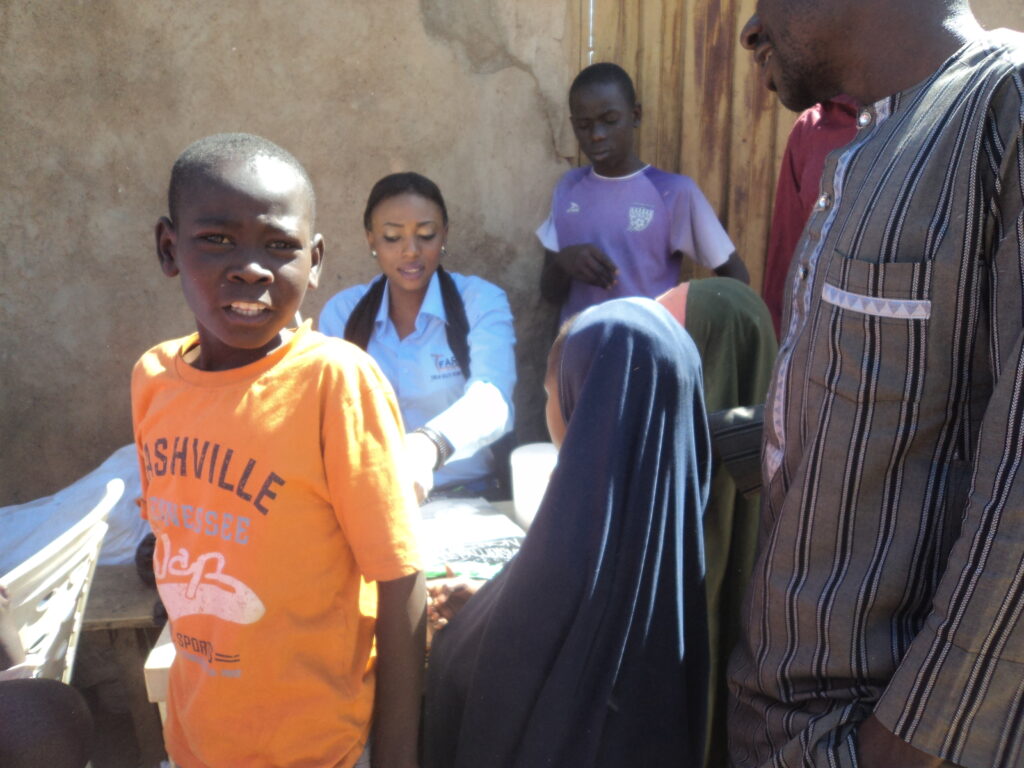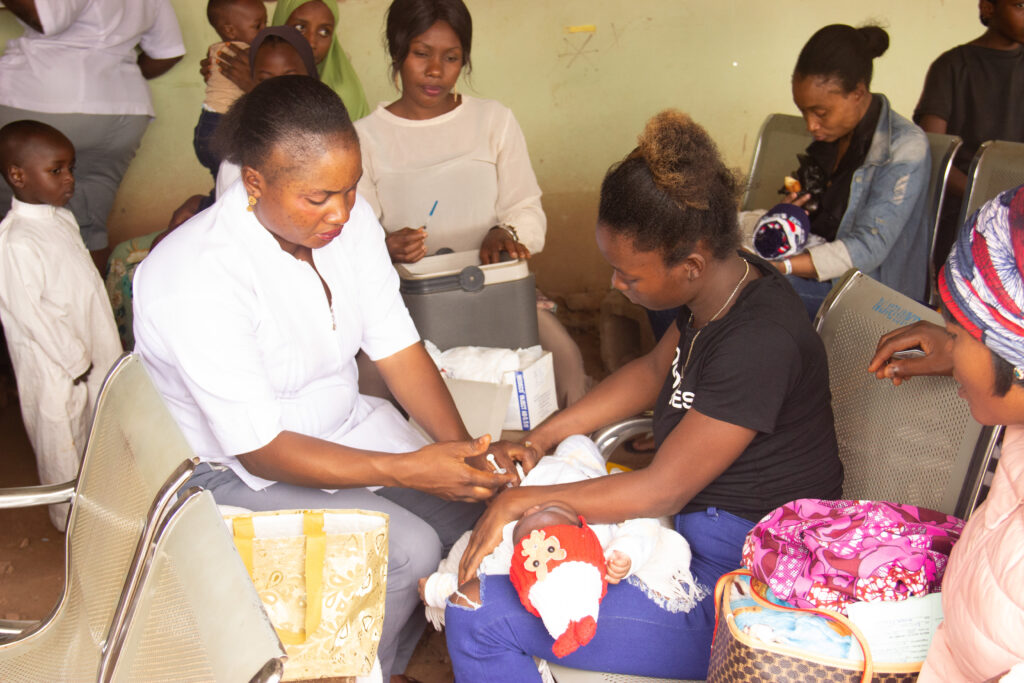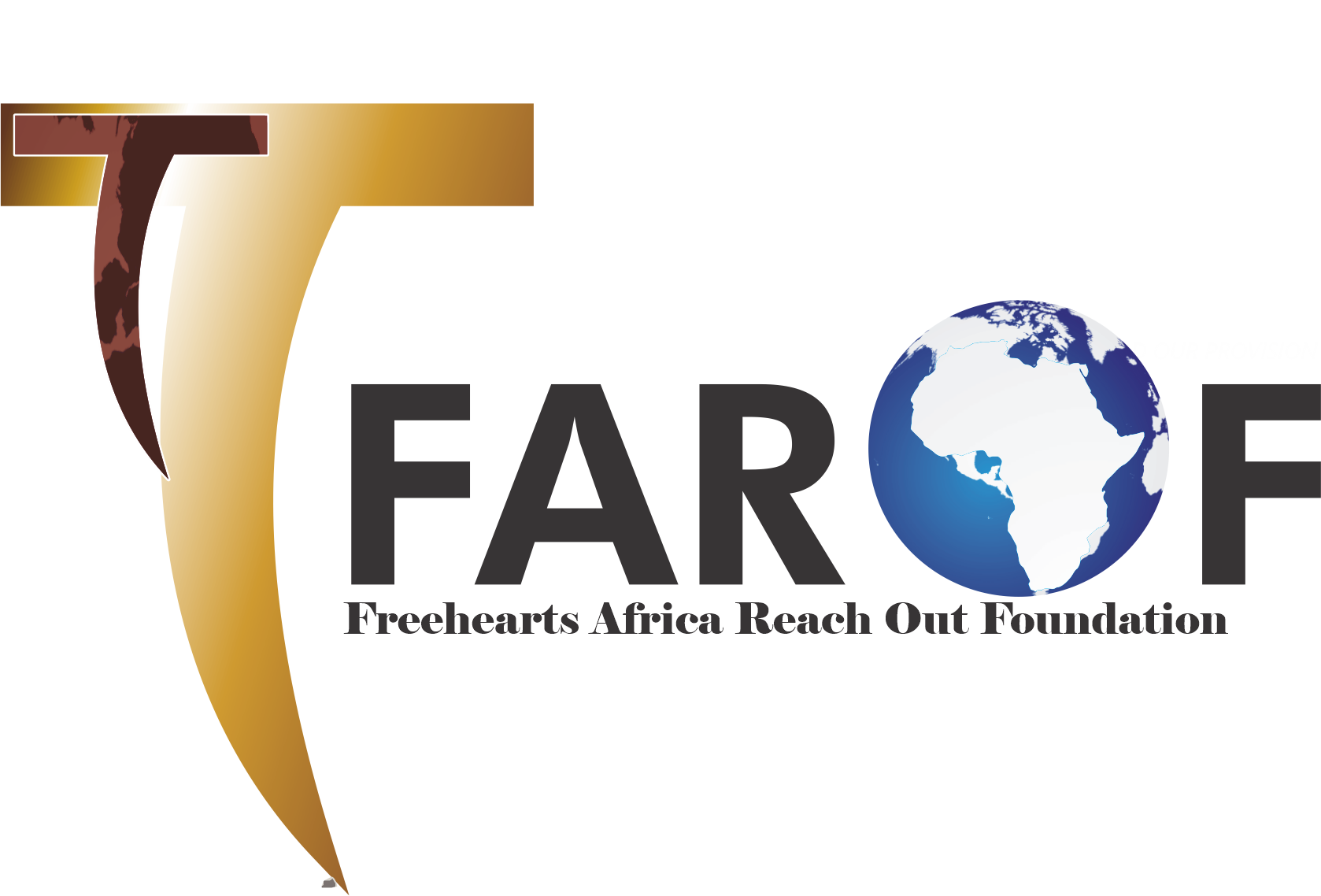Child Immunization
Change in Routine immunization in Nigeria
FAROF and her Partners will continue to promote the Immunization and vaccination of children, which are two of the most important public health interventions and constitute a cost effective strategy to reduce both the morbidity and mortality associated with infectious diseases
Vaccines are one of the most successful and cost-effective health investments in history with wider benefits that accrue across a lifetime

COVID-19 vaccines
Accurate, evidence-based information about COVID-19 vaccines to provide people with essential facts about the vaccines that will help end this crisis.
Hepatitis B Vaccine
Hepatitis B—at birth, 6 and 14 weeks. Partially protects against hepatitis B which causes blood infection liver disease, cancer and death.
Rotavirus Vaccine
Oral next-generation rotavirus vaccines (oNGRVs)—which include a dose administered at birth followed by two infant doses—offer yet another approach
BCG
BCG ( Bacilli Calmette Guerin)—at birth or as soon as possible after birth, Prevents Tuberculosis including bloody cough and permanent braindamage

OVERCOMING IMMUNIZATION BARRIER IN CHILDREN
In Nigeria, health care and general living conditions are poor, especially for women and children, thus resulting in high infant, under-5 and maternal mortality ratios.
One quarter of child deaths are due to vaccine preventable diseases and recent data suggests that vaccine coverage has worsened rather than improved.
CSOs encounter barriers in the course of their immunization advocacy, communication and social mobilization due to male child preference, leading to shielding of male children and not allowing them to be given immunization, as well as patriarchy, safety concerns, religious concerns, anti-vaccine misinformation and rumours, low perception of effectiveness and efficacy of vaccines, inaccessibility of localities, low health literacy and superstitious beliefs.
A PLAN IN PLACE TO ADDRESS THE PROBLEM (Sustainable solution to Child immunization)
There is a plan in place to provide vaccines to those in need: global Immunization Agenda 2030. Under IA2030, UNICEF and WHO are working with Various Partners including FAROF to prevent diseases and deaths by providing vaccines to every child in every community, as well as ensuring adults receive the vaccines needed throughout their lives. FAROF and her Partners aims to leave no one behind and to save millions of children lives.
this is made possible through:
1. strengthening the Capaciy of frontline health Workers
2. use of technology
3.Strenghthening Partnership with both private and public sectors
4. Increased advocacy, health education, demand creation and resource mobilization

